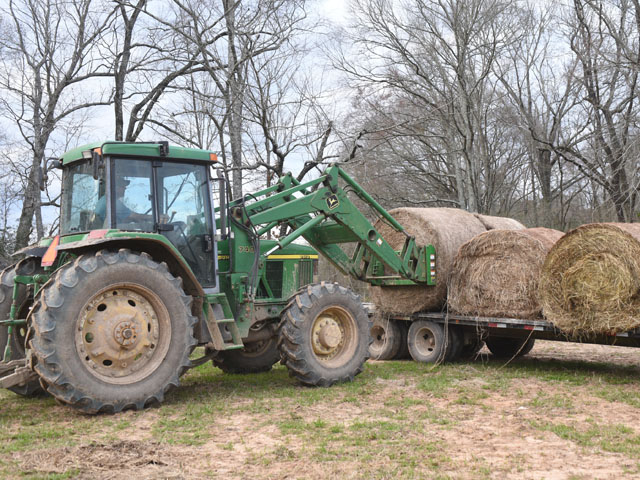Six Steps to Affordable Hay Testing
This Year's Hot, Humid Weather Makes Hay Testing a Must
Thankfully, testing hay is a chore that doesn't take a lot of savvy or bucks -- and the payoff can be the difference between a year in the red and one in the black.
Consider these six, basic steps from hay testing experts.
1. Get a hay probe. The cost for a hay probe is usually under $200, but if you don't want to buy your own, many county Extension offices will have one you can borrow.
2. Always take hay samples from the center of the bale. Texas A&M Extension beef specialist Jason Banta recommends going in from the rounded side rather than the top.
3. Group your hay into lots if possible and sample around 10% of the bales from each lot. A lot is usually considered hay from the same field, cut at the same time.
4. Mix the samples (cores) in a Ziplock bag, label it, and send it in promptly for testing. If you aren't sure where to send the samples, ask your local county agent or herd nutritionist. They can also advise as to what tests you should have done on the sample.
5. Make use of the information you get back by going over it with your herd nutritionist, or whoever helps you develop appropriate rations. They can help you make a plan for feeding hay of different nutritional values to different parts of the herd, such as heifers versus cows.
6. If you think you may be dealing with heat damage, which can result from hay bales heating after being put up wet, make sure the lab is testing for acid detergent insoluble crude protein (ADICP). If there is heat damage, the lab should then provide an adjusted crude protein value.
(c) Copyright 2021 DTN, LLC. All rights reserved.
P[L1] D[0x0] M[300x250] OOP[F] ADUNIT[] T[]






